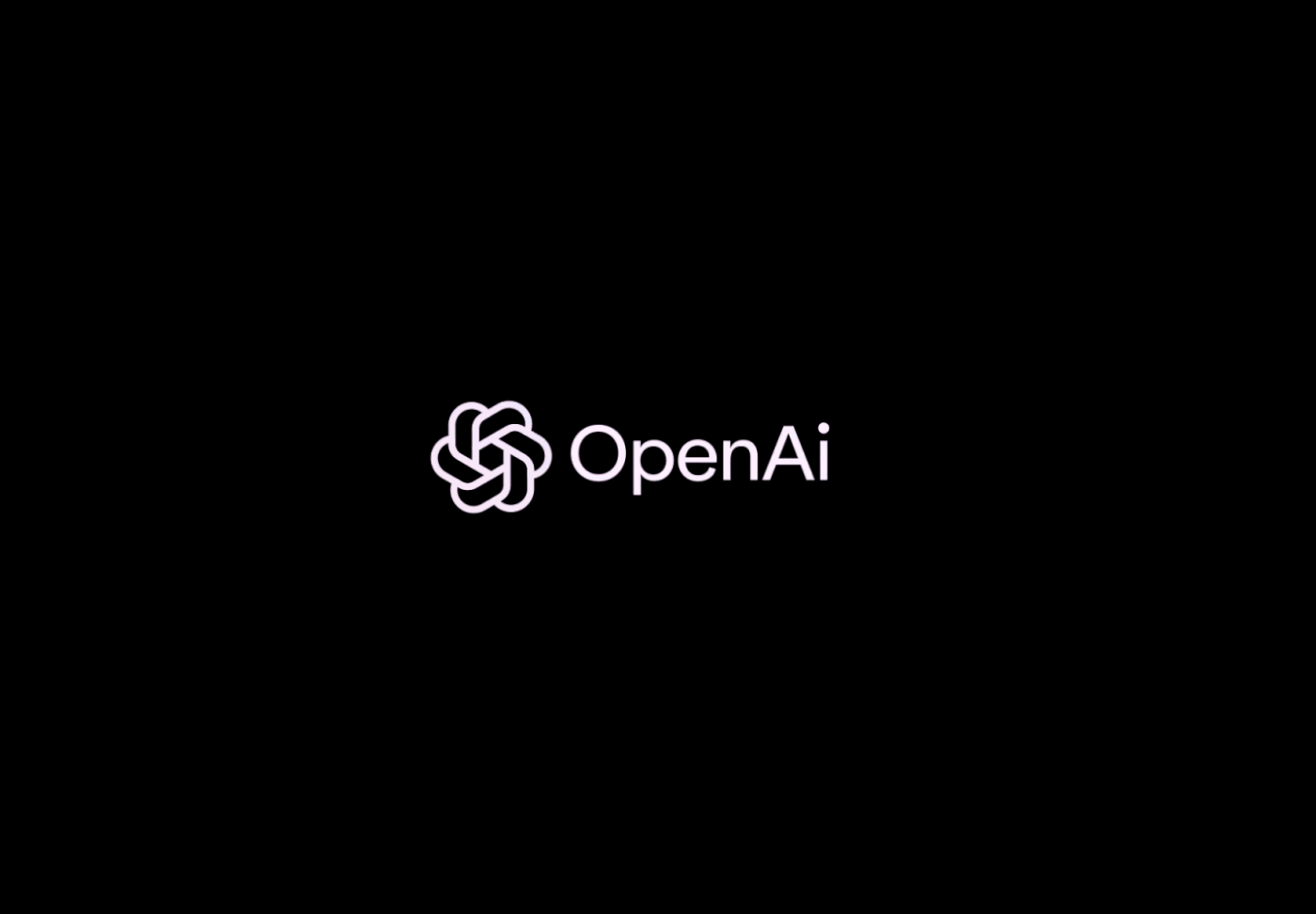Fastly has emerged as a key player, offering robust solutions for speeding up web content delivery....
How OpenAI is Revolutionizing the AI Industry in 2024-2025
Imagine stepping into a world where machines understand and respond to your needs with human-like precision. This isn't a scene from a sci-fi movie; it's the reality OpenAI is crafting, steadily redefining the AI industry. What makes OpenAI an industry leader isn't just its groundbreaking technology but its approach to making AI accessible and beneficial for all. This article delves into how OpenAI is turning the wheels of transformation in the AI industry.
Breaking Barriers with GPT-4
Since the release of its Generative Pre-trained Transformer models, OpenAI has continually raised the bar for natural language processing. The latest, GPT-4, epitomizes this technological leap, offering unparalleled text generation capabilities. It can perform tasks ranging from simple chat interactions to complex content creation, showcasing a proficiency that closely mimics human intellect.
The significance of GPT-4 lies in its versatility. Companies are leveraging it for customer service automation, turning the once cumbersome task of query handling into a seamlessly efficient process. Moreover, developers are utilizing GPT-4 in creating advanced applications that require minimal human intervention, ultimately cutting down costs and improving operational efficiency.
Empowering Developers with OpenAI Codex
In an era where programming is ubiquitous, OpenAI's foray into code generation with OpenAI Codex is nothing short of revolutionary. Codex transforms natural language into executable code, simplifying the process for both novice and seasoned programmers. Its integration into GitHub Copilot has already garnered widespread acclaim, enabling developers to write code faster and with fewer errors.
By automating repetitive coding tasks, Codex allows developers to focus on innovation rather than mundane scripting. This capability not only accelerates development cycles but also democratizes coding, making it accessible to a broader audience.
OpenAI's commitment to ethical AI development is evident in its robust safety protocols. The organization actively engages with the global community to ensure its AI systems are aligned with human values. From implementing bias detection algorithms to forging partnerships aimed at ethical AI governance, OpenAI positions itself as a torchbearer for responsible AI innovation.
Ensuring AI safety isn't merely a compliance exercise for OpenAI; it's a foundational element of their mission. By prioritizing the development of secure AI systems, OpenAI mitigates risks and fosters trust, a crucial factor in the widespread adoption of AI technologies.
Revolutionizing Industries Across the Board
The impact of OpenAI extends beyond the tech sphere, touching myriad sectors such as healthcare, finance, and education. In healthcare, AI-driven diagnosis tools powered by OpenAI's models are enhancing patient care by providing more accurate and faster diagnostic results. In finance, predictive models aid in fraud detection and risk management, safeguarding the industry's integrity.
Educational platforms are utilizing OpenAI's technology to create personalized learning experiences, catering to the unique needs of each student. This bespoke approach to education is closing the gap between disparate learning abilities, offering equal opportunities for success.
The OpenAI Ecosystem: A Collaborative Future
OpenAI's vision of an interconnected, AI-powered future hinges on collaborative efforts with other industry leaders, academic institutions, and policymakers. By creating an ecosystem that encourages collective growth, OpenAI catalyzes innovation that transcends individual achievements.
One notable collaboration is with Microsoft, which integrates OpenAI's technology into its Azure platform, making advanced AI tools available to businesses globally. This symbiotic relationship exemplifies how strategic alliances can amplify technological reach and impact.
Speed and Security: The Role of CDNs in AI Deployment
With AI models growing more sophisticated, the need for robust infrastructure becomes paramount. Content Delivery Networks (CDNs) like BlazingCDN play a crucial role in ensuring the fast and secure deployment of these models. By minimizing latency and maximizing uptime, CDNs support functionalities that require real-time processing and data handling.
BlazingCDN offers tailored solutions for various industries, enhancing the performance and reliability of AI applications.
Learn more about how BlazingCDN can optimize your AI deployments here.
Inviting You to the AI Revolution
The strides made by OpenAI are just the beginning. As we edge closer to a future where AI is seamlessly woven into the fabric of everyday life, the potential for innovation is boundless. Whether you're an enthusiast, a developer, or a business leader, there's an opportunity to be part of this revolution. Engage with OpenAI's tools, join the conversation on AI ethics, and explore how these advancements can benefit your endeavors.
Join us in this exciting journey and witness firsthand how OpenAI is revolutionizing the AI industry. Your insights and participation can help shape a better, more intelligent future.



